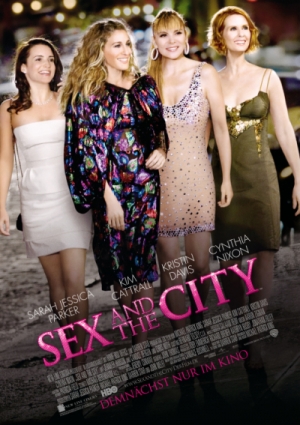The Cultural Significance of Sex and the City

Introduction
Since its debut in 1998, *Sex and the City* has had a profound impact on popular culture and societal norms regarding relationships, sexuality, and fashion. Created by Darren Star and based on the book by Candace Bushnell, the series follows the lives of four women navigating life and love in New York City. Its blend of candid discussions about sex, romance, and friendship has resonated with audiences globally, solidifying its status as a cultural touchstone.
The Series and Its Influence
*Sex and the City* redefined how women’s stories were portrayed on screen. Each character—Carrie, Charlotte, Miranda, and Samantha—exemplified different narratives and experiences, providing viewers with diverse perspectives on femininity and sexuality. The show brought issues such as single life, LGBTQ+ representation, and the female orgasm into mainstream conversations, challenging the societal taboos that surrounded them.
Moreover, the show’s fashion choices significantly influenced trends from the late 1990s into the early 2000s. Costumer Patricia Field’s whimsical and bold designs led to the emergence of a ‘metrosexual’ style and the rise of labels like Manolo Blahnik, which became synonymous with luxury and consumerism in the fashion realm. The impact was so profound that it’s often cited as the impetus for the rise of fashion-focused narratives in television.
Recent Developments
The legacy of *Sex and the City* continued with the 2021 revival series titled *And Just Like That…*, which reintroduced beloved characters and addressed their evolution in today’s society. This revival reflects contemporary issues that resonate with newer generations, including discussions about parenthood, grief, and the implications of digital dating. The series has faced both praise and critique, suggesting that while the narrative remains relevant, evolving societal norms present challenges for characterization and storytelling.
Conclusion
In conclusion, *Sex and the City* remains a significant cultural phenomenon that has influenced modern views on relationships, femininity, and personal expression. Its continued relevance in contemporary media, especially with recent revivals, highlights the changing dynamics of society’s perspective on women and their choices. As audiences engage with the series anew, its messages about independence, friendship, and empowerment continue to inspire, demonstrating the enduring power of storytelling in shaping cultural dialogues.









